Acclaimed as one of Europe’s best Alpine treks, the Tour du Mont Blanc is on the bucket list of many walkers. But so many people are put off the higher-level hiking tour because they worry they will not be fit enough, however with such a broad range of itineraries Macs Adventure is allowing increasing numbers of walkers to enjoy spectacular walking around the Mont Blanc Massif.
The facts look daunting on paper with a total multi-day hike of 170km and some 10,000m of ascent and descent to circle the Mont Blanc Massif. The route also passes through three countries, France, Italy and Switzerland. Many “average” walkers discover they can enjoy this superb long-distance walk. The route to happiness on the Tour du Mont Blanc is to choose the right tour to suit your fitness and ability – and put in some training before you go. Macs Adventure offers nine different Tour du Mont Blanc tours. There are “classic”, “comfort”, "huts" and “relaxed” tours of various lengths, from the complete Tour du Mont Blanc hike to a shorter “highlights of” tour. The Tour du Mont Blanc holidays are self-guided, and there is an option to have your baggage transferred on most of the days if you prefer to walk only with a daypack. On average the complete Tour du Mont Blanc tour is walked between eight to 10 days, but it’s possible to extend this time if you would prefer to have shorter walking days. There are also many options for daily routes that can decrease the amount of climbing required. You’ll see that there are many different options when choosing a Tour du Mont Blanc walking trip. However, all walkers should have put in some training before heading to the Alps.
Training for the Tour du Mont Blanc
The Tour du Mont Blanc is more of an endurance hike than a sprint. Think marathon rather than 1500m running race. To increase your fitness in the months preceding the Tour du Mont Blanc we suggest you incorporate the kind of training we mention below, so you are better equipped to enjoy the trip, not just endure it.
Squeeze in extra walking, where & when you can!
-
Switch all or part of your work commute. Park further away from the office, get off the train at increasingly earlier stops, or use public transport in the morning then walk home in the evening.
-
When catching up with your friends or family, invite them for a walk. Bring them a takeaway coffee (in a reusable cup of course) and turn the countryside or local park into your moving café.
-
Use your lunch-breaks to go for short walks.
-
Get a smart-watch or step counter. It doesn’t have to be an expensive one. You’ll soon be setting yourself daily step count challenges, and nothing gets you off the sofa for an evening stroll like being just 1000 steps short of your target!
-
If you tend to rely on taxis a lot, ban yourself from using them! Be strict with yourself, and you’ll soon learn to leave extra time for walking to and from bus/train stations.
-
You’ll need to get used to carrying a rucksack, so for your walks switch your work-bag/handbag/shopping bags for your backpack.
-
It’s not a task! Walking is fun, great for the mind and body, and easy to fit into your routine. Think about it as a positive change in your life.
6 Months to Go
Great, you’ve got plenty of time! Starting your training six months before your trips are the ideal goal.
- Begin very gently, and set up monthly goals. These goals depend on your fitness but could be to comfortably walk 5km in month 1, 15km in month 3, and feel confident completing a 25km walk by month 5. You don’t have to walk those distances on every hike, but squeeze in a few long-distance days in the final month or so before your trip.
- Back to back walking days are the key. Block a weekend or two in the diary now where you’ll walk at least two days in a row on long-distance walks. Perhaps on day one, you could walk to a nearby town for lunch then walk back, and on day two you could climb a hill, enjoying a picnic on the way. It doesn’t have to be a chore!
- Rest when you need it. You’re building up your fitness; it’s not a race.
3 Months to Go
There’s still plenty of time!
- Use the tips above to squeeze more walking into your daily routine, and make it your mission to do at least one of these extra walks, no matter how small, every day.
- Set realistic but ambitious weekly or fortnightly goals to do walks of increasing distances. Put them on your calendar or set a reminder on your phone each week, such as “Have you completed a 10km walk this week?”
- Make sure you do a couple of those back to back walking days within the final weeks.
- Now is the time to start putting in some hill walks. The Tour du Mont Blanc involves a lot of ascent and descent, so it is essential that you get used to this. Try and get in a hill walk on the weekends, or even better, treat yourself to a weekend away and do two days of hillwalking.
1 Month to Go
Left it a bit late? As long as you are a reasonably active person and have a reasonable base level of fitness, you’ll be fine!
- Aim to switch all or part of your daily commute to walking. Don’t commute? Get up 30min earlier to do a circular walk before starting your day.
- Build up from short walks 2-3 times a week of approximately 3-5km, to longer walks of approximately 5-10km.
- Push yourself to do some steeper climbs. If there is a tough hill/mountain in your area, then go and conquer it. You will be fit enough by now, and it will give you an amazing sense of achievement.
- At weekends or on your days off, plan at least two days of back to back walking, of a reasonable distance.
Of course, you should always be honest with yourself – there’s nothing wrong with aiming high but if you’re concerned about your health or fitness, or have medical conditions which may affect your ability to complete the route safely, do contact your doctor. In addition to these walking tips, it is good to get some general fitness. You could swim, cycle, run or visit the local gym. These sessions will increase your aerobic ability and ensure that you can bound up the ascents on the TMB. Recovery is vital. Rest days or days when you include a rest and recovery session such as gentle walking, swimming or yoga, will allow your body to adapt and grow in strength. The hills and mountains of northern England, Wales and Scotland offer plenty of scope for tough hiking days. Not only are these good for physical training but they will allow you to understand how you cope mentally on long hiking days. Walking at home, wherever you live, can also be a superb experience with lots of rewards.
When it comes to booking your Tour du Mont Blanc holiday be honest with your tour specialist. Ask for their advice about the right trip for you. The hiking holiday is meant to be enjoyable, and there are a variety of different options to choose from to suit a wide range of fitness levels. Contact a member of the team for further information.








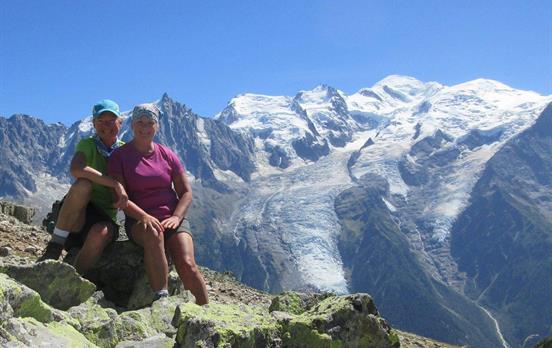


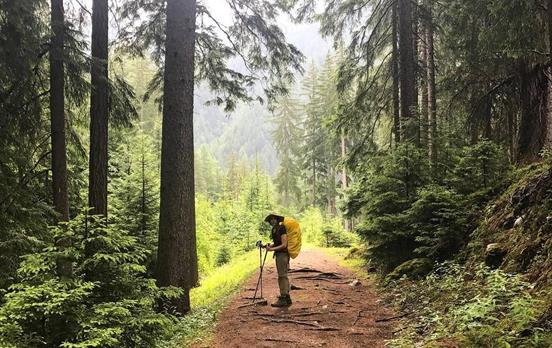
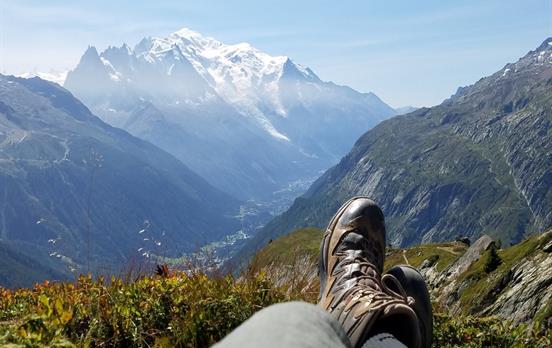
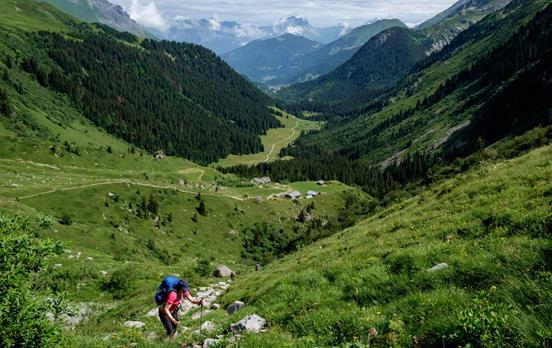

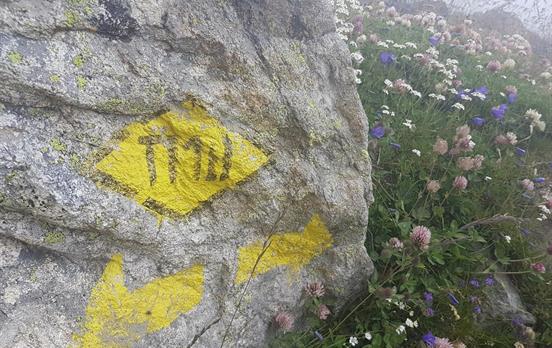
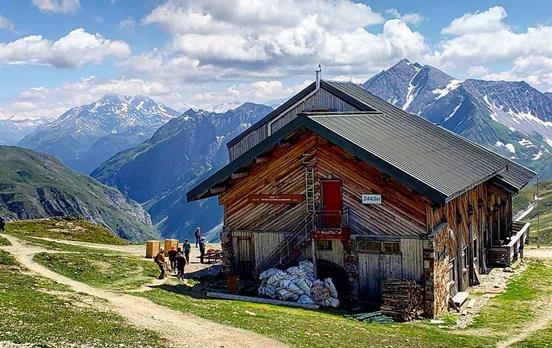


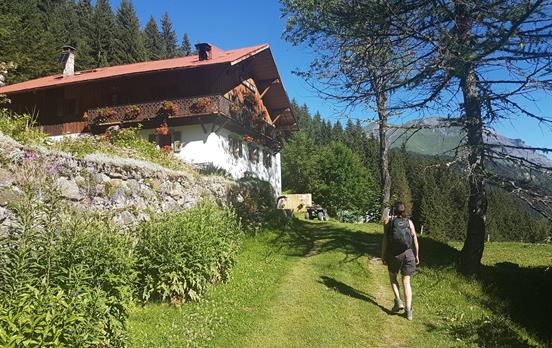
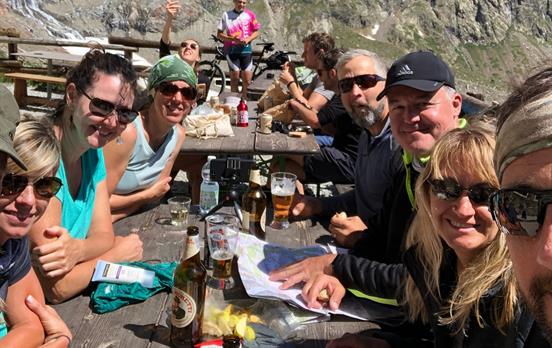
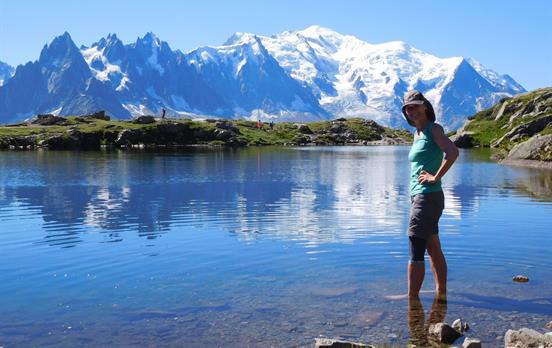
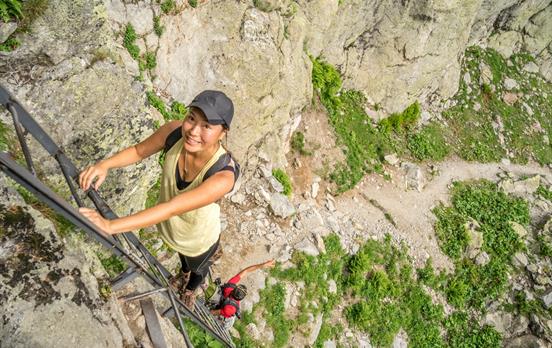
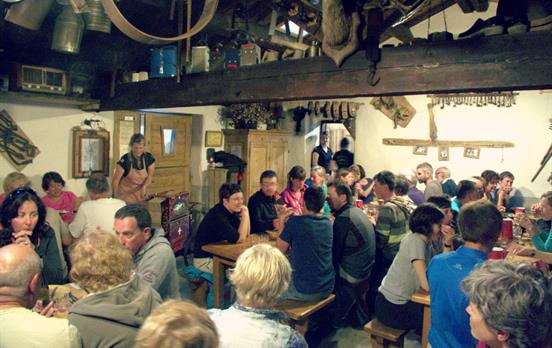
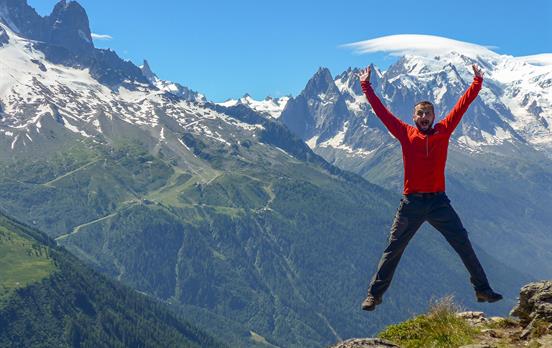

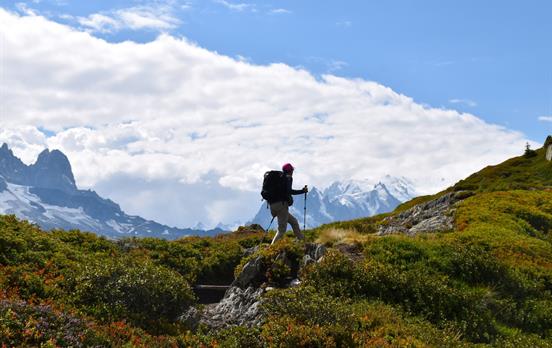
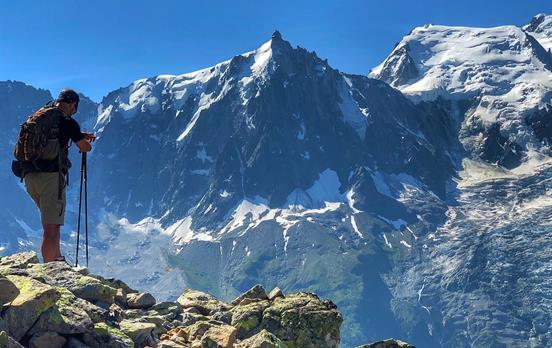

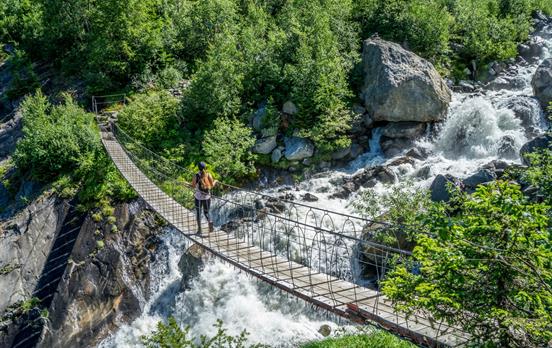
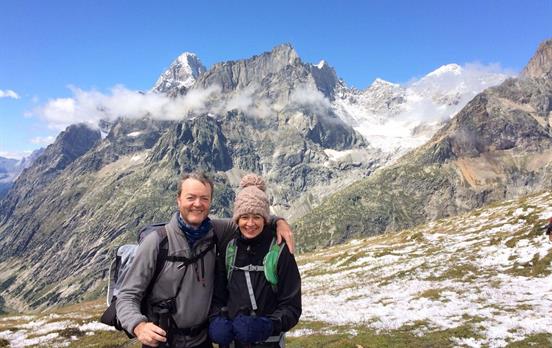
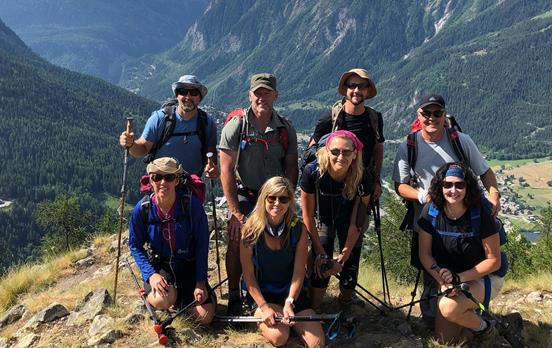
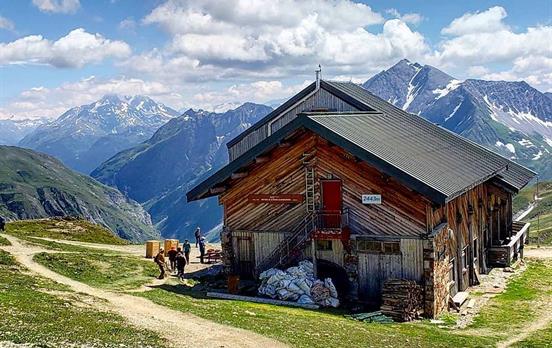


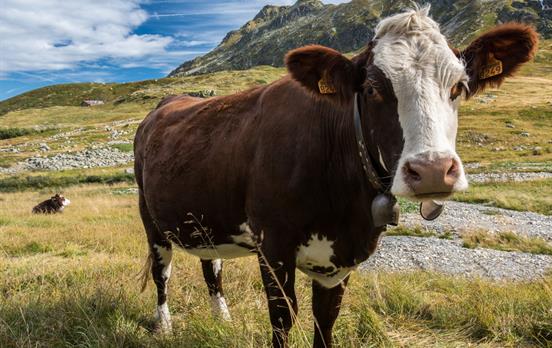

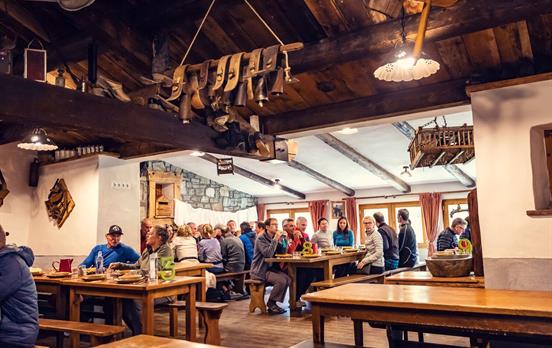
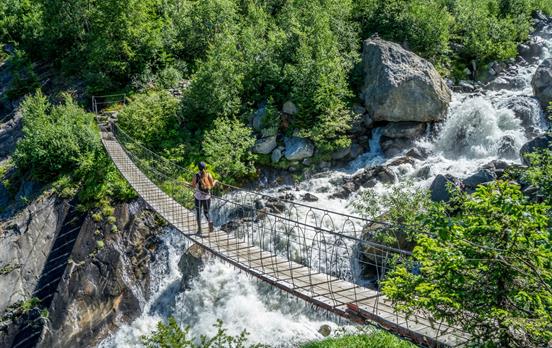


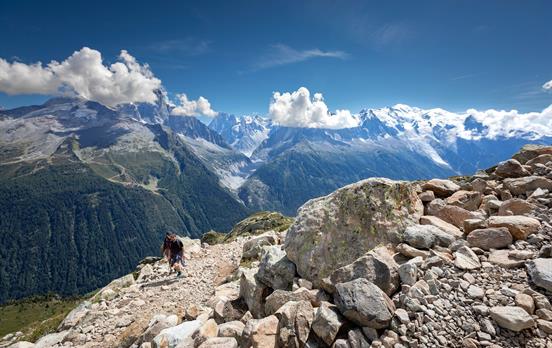
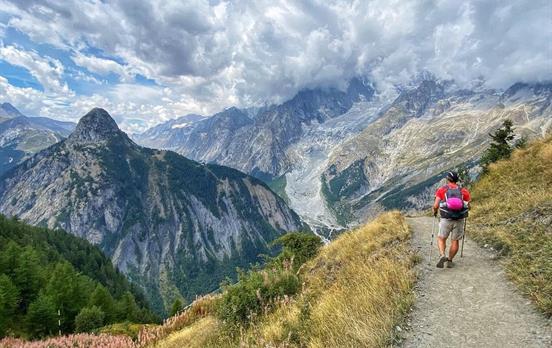
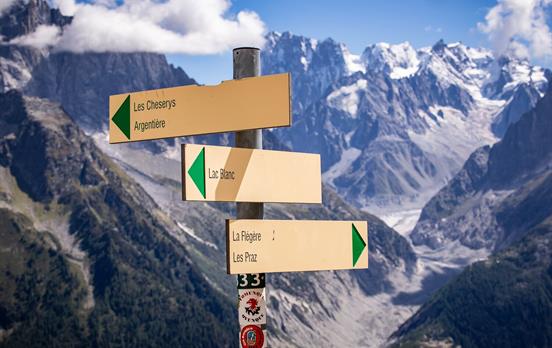
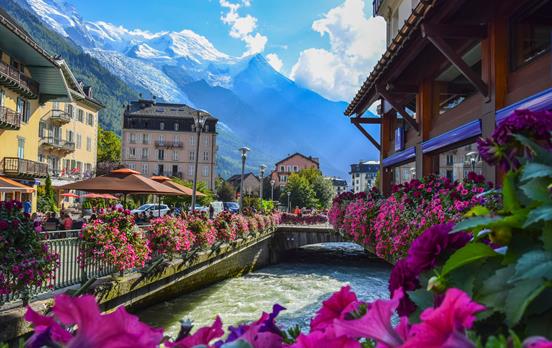
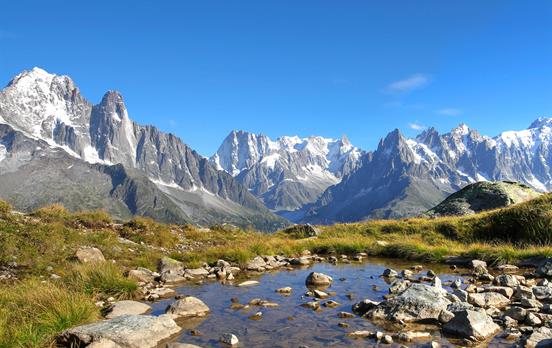

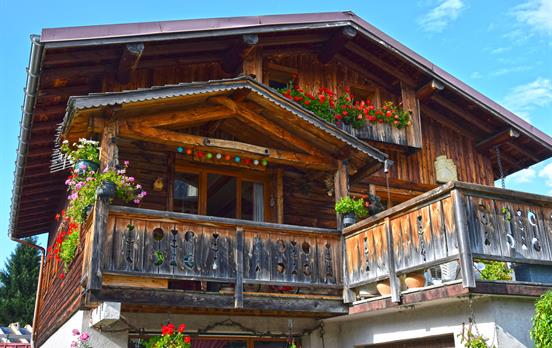

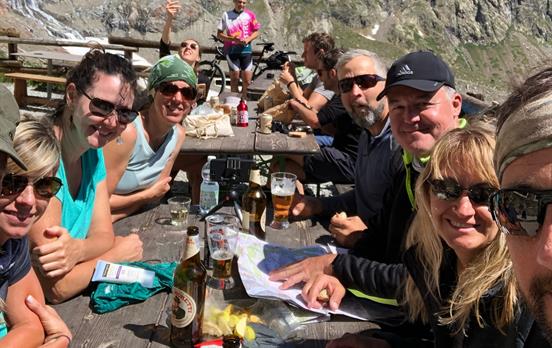
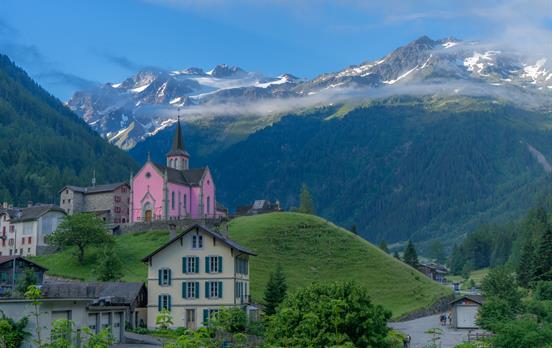
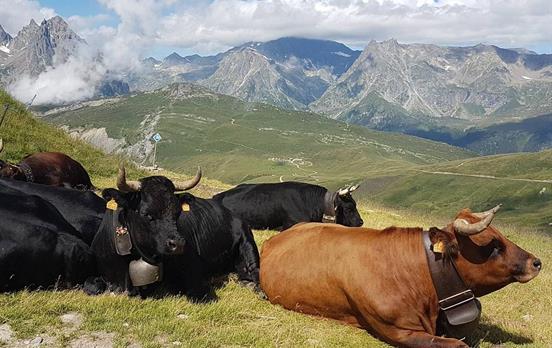

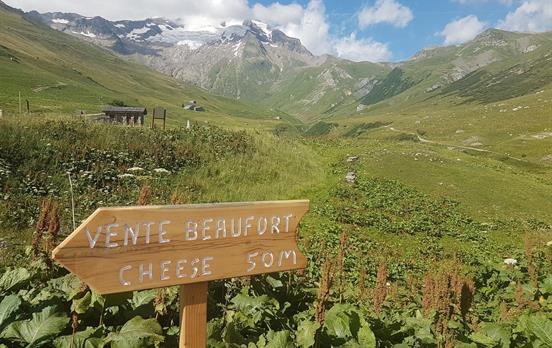



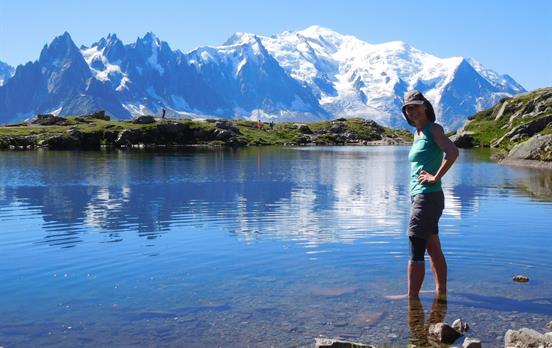

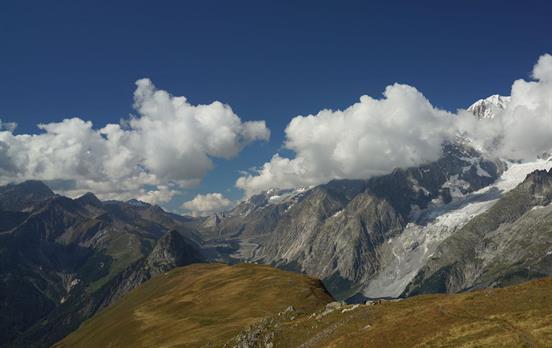
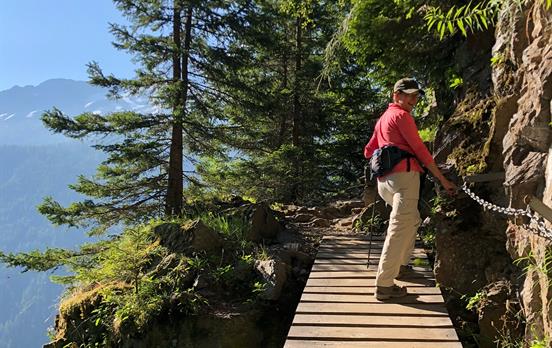
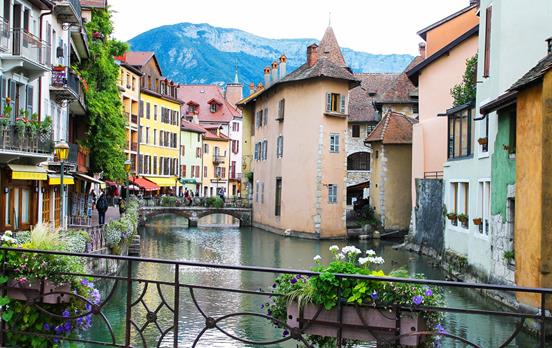
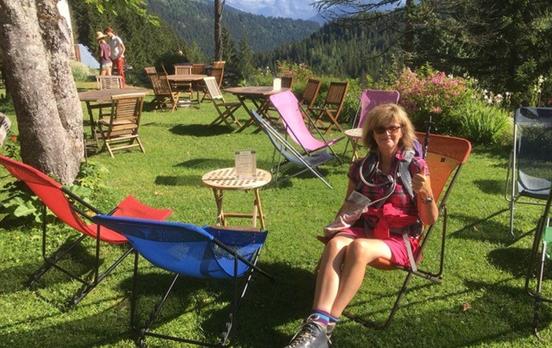
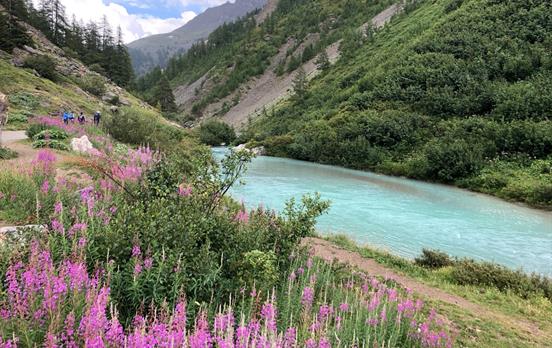
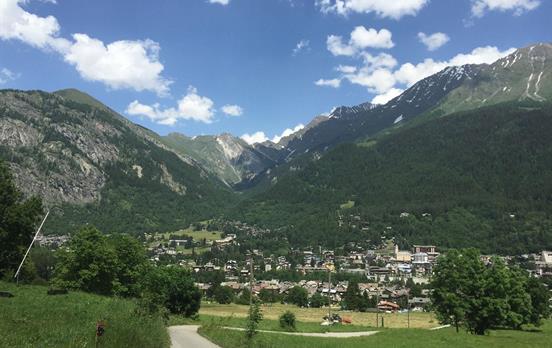
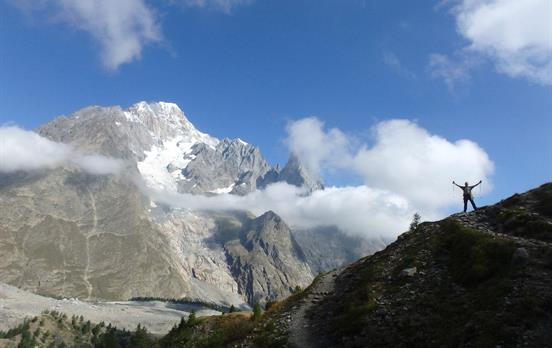
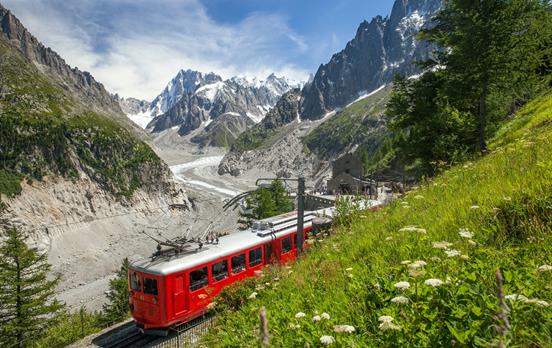

 Australia
Australia New Zealand
New Zealand South Africa
South Africa European Union
European Union